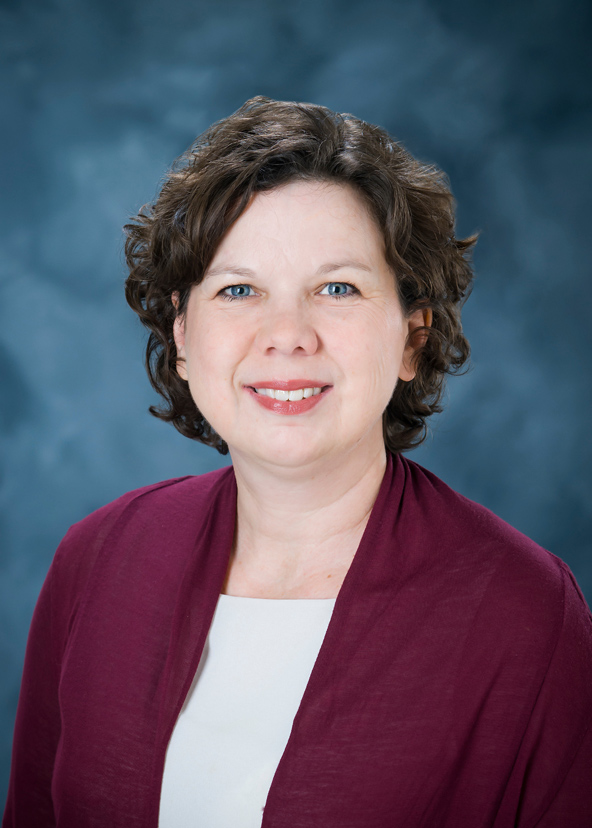MSU researchers awarded NSF grant to encourage women in computing
Contact: James Carskadon


STARKVILLE, Miss.—A $300,000 grant from the National Science Foundation will allow researchers from Mississippi State University to encourage young women to enter science-based computing fields.
A proposal submitted by MSU Computer Science and Engineering Assistant Clinical Professor Sarah Lee and Bagley College of Engineering Director of Educational Outreach and Support Programs Vemitra White is one of 37 projects funded through the NSF’s first INCLUDES awards, which are aimed at improving access to science, technology, engineering and mathematics fields for underserved populations.
The NSF grant will fund the Mississippi Alliance for Women in Computing project, which aims to attract women and women of color to computing, to improve retention rates of women in undergraduate computing majors, and to help postsecondary women make the transition to the computing workforce. Lee will serve as principal investigator on the two-year grant, with White serving as co-principal investigator.
Lee and White will work to identify factors that influence female and female African American students in Mississippi to enroll and continue in an undergraduate engineering or science-based computer major. The project will include programming that is inclusive of young women and young women of color, helping introduce them to computer science fields.
“One of the biggest parts of attracting underrepresented groups is showing them what is possible and letting them see themselves in those roles,” Lee said.
Many of the program initiatives build on diversity efforts already underway at MSU and in the Bagley College of Engineering. It also incorporates the White House’s Computer Science for All initiative.
The project will expand student-led computing outreach programs, establishing a Mississippi Black Girls Code chapter, creating a summer bridge and living-learning community for women in computing majors, and increasing professional development opportunities, among other specific initiatives. Survey data will be used to assess the impact of the co-curricular activities of the Mississippi Alliance for Women in Computing. Lee said the next phase of the grant could include scaling the Mississippi project on a regional level.
Lee, who came to MSU in 2011 after a 20-year industry career, said her goal is to “plug the holes” in the computer sciences pipeline that underrepresented persons leave through, providing a more diverse workforce for the estimated 1.4 million computing jobs that will have opened from 2008 through 2018.
“A lack of diversity limits innovative ideas in the workplace,” Lee said.
The Bagley College of Engineering’s diversity programs have helped place the college in the top 15 institutions of higher learning for graduating minority engineers. For more, see www.bagley.msstate.edu/programs/diversity.
For more on White and Lee’s NSF INCLUDES award, visit http://www.nsf.gov/news/news_summ.jsp?cntn_id=189706&WT.mc_id=USNSF_51&WT.mc_ev=click.
MSU is Mississippi’s leading university, available online at www.msstate.edu.